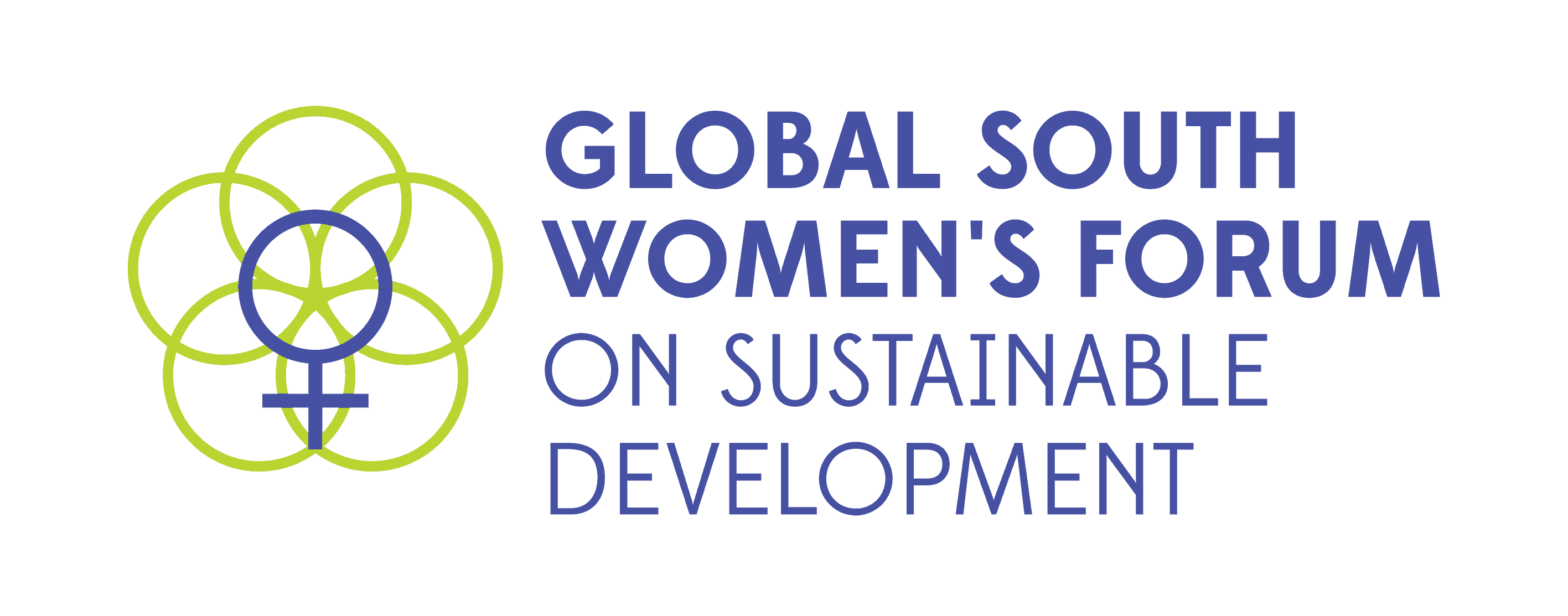Following the Money: The Kafala system and chain of domestic workers’ migration
- Day 1: Dec 14 (UTC+8) 9:00 pm-10:15 pm
International Domestic Workers Federation (IDWF)
A transnational exchange amongst feminist and labour activists on the Kafala sponsorship system, looking at macroeconomic level analysis of supply chains of migrant domestic workers to highlight the economic interests standing against change and share the lived and organizing experiences of domestic worker unionists from Kenya and the Philippines.
Speakers:
Fish Ip, IDWF
Roula Seghaier, IDWF
Ruth Khakame, Kenyan Union for Domestic, Hotels, Educational Institutions, Hospitals and Allied Workers (KUDHEIHA)
Mary Ann Abunda, SANDIGAN Kuwait Domestic Workers Association
Marina Durano, OSF Women’s Rights Program

The Kafala sponsorship system is a set of policies and laws that tie the migrant worker’s status to the sponsor. Migrant Domestic Workers (MDWs) are governed by this system and excluded from labour laws in the Middle East and Gulf countries.
In this session, we addressed the interlinkages between domestic work, care labour, and the absence of institutional care as they create push and pull factors throughout the migration chain for women domestic workers seeking employment and their countries of origin and destination. Research findings from a research collaboration between IDWF and Triangle on the practical and economic implications of the abolishment of the Kafala system in Lebanon were presented. We also addressed how the Kafala system manifests in the countries of destination, as well as in those of origin through the policies’ reliance on remittances.
Positioned in a peculiar space of intersecting oppressions related to gender, economic status, ethnicity, race, and coming from countries of the global south burdened by histories of colonisation, etc., domestic work provides ample space for a conversation on the faults in our economy, especially epitomised by the Kafala. The discussion is documented in the report here.
For the session, interpretations in Arabic, Bahasa Indonesia, Bangla, French, Khmer, Nepali Sign Language, Spanish, and Thai were provided.
